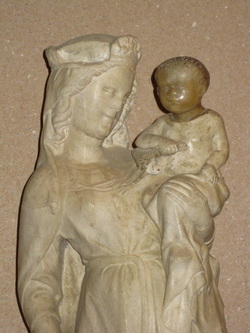
What happens when we ponder the Universalist message that our physical being was consecrated by the rose that bloomed in winter? I think it means that we are also called to share the work of salvation.
Humanity is continually re-sanctified by those who teach and act on love, peace, acceptance, truth, healing, and wholeness. In a Universally-sanctified humanity each person has the capacity to save, whether it be one life or two, or whole communities, or nations. Things change when we see the savior in each other, in our own weak resilient flesh, our human existence.
Let it be said that salvation is never easy, whether it be one life we save, or many. It is arduous, painful, and frightening. In moments when our courage quavers, let us remember the story of a girl who, when asked to robe the soul Divine within herself, responded so fearless and so brave. When we are asked to give substance to sacred impulses within us, to take up the work of goodness, may we respond like her - first with questions, and then with a courageous “Yes.”
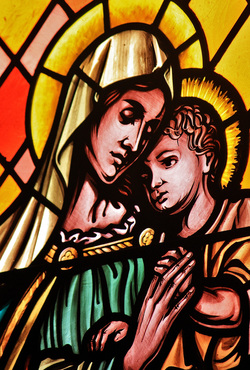
What happens when we take up this work, and ponder its painful or bewildering consequences? Imagine a teenager pondering visits from wise men, shepherds, and the unrecorded women of the nativity - angels in disguise bearing blankets, food, wisdom and warmth. Imagine angels from on high, asking and announcing impossible hope to the lowly and the outcast. When the costs of our work seem too high, think of Mary as as she looked upon her babe safe asleep when so many others died. Consider how she may have pondered thoughtless emperors and the cruel course of kings.
As she pondered all this, I wonder what conclusions that young mother reached? I wonder how all this shaped the woman who shaped the life of Jesus. What lessons did she convey to that exceptional child, eyes so wide with wisdom, who stood quietly at her knee and followed her about her daily chores? How much of what she taught him from the treasures of her heart and the meditations of her mind echoed later in the temple and from the hills of Galilee?
How much of her example revealed itself in his actions of healing, teaching, kindness, wisdom? How much of the strength she bestowed through her flesh and her mothering gave him the courage to continue when he had to drink from the cup of suffering? How could Jesus not have been affected by a mother such as Mary? How much we owe her we may never know.
What if we who are parents and teachers thought we were raising children who might one day act to heal a life or two, teach and so touch others, help bind a fractured community, and in some small way heal this bruised resilient world? What if we looked for, expected that saving power in our own mothers’ children, in the sanctity of ourselves and one another? How would we treat one another? How might the precious gift of profound respect flow out of us to touch any who drew near? What would the angels breathless sing in their heavens and from every bitter hillside; what new Nowells compose?
Oh let us ponder in our hearts the angel’s gift, Mary's gift, the gift of Christmas.
This is adapted from a Christmas Eve sermon I gave in 2009.
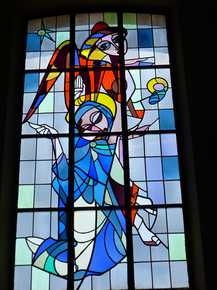
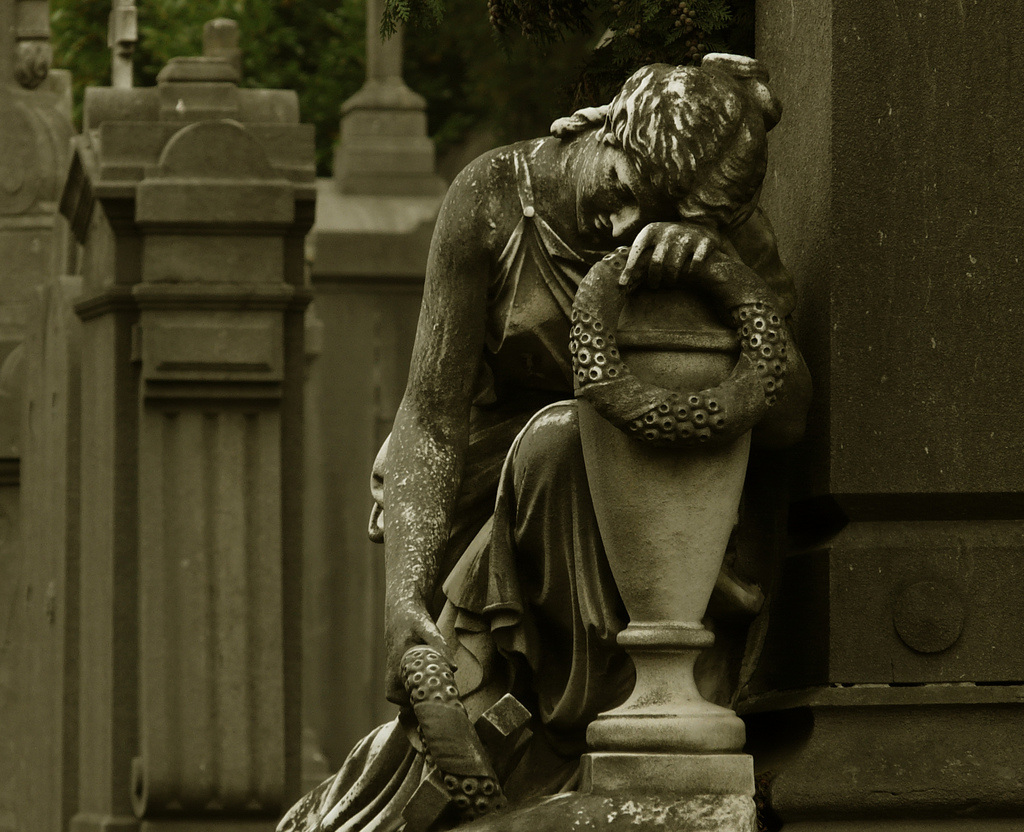

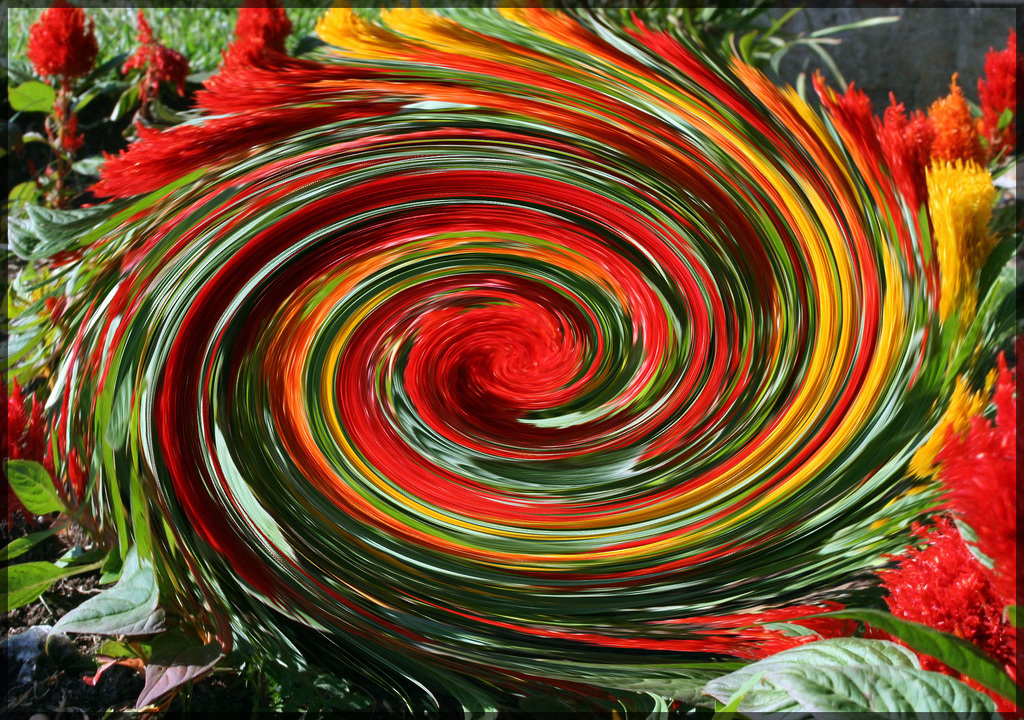
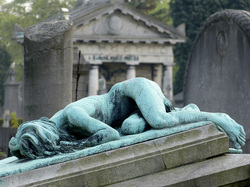
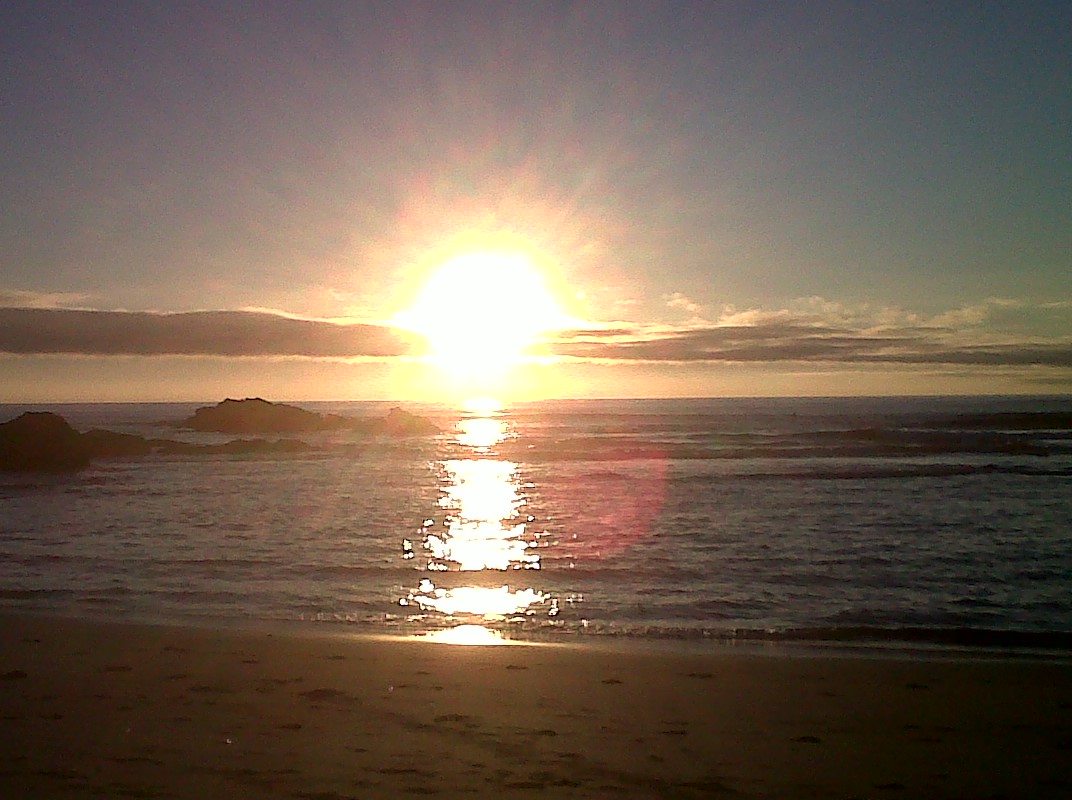
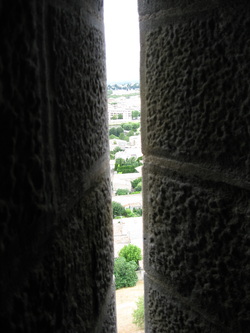
 RSS Feed
RSS Feed